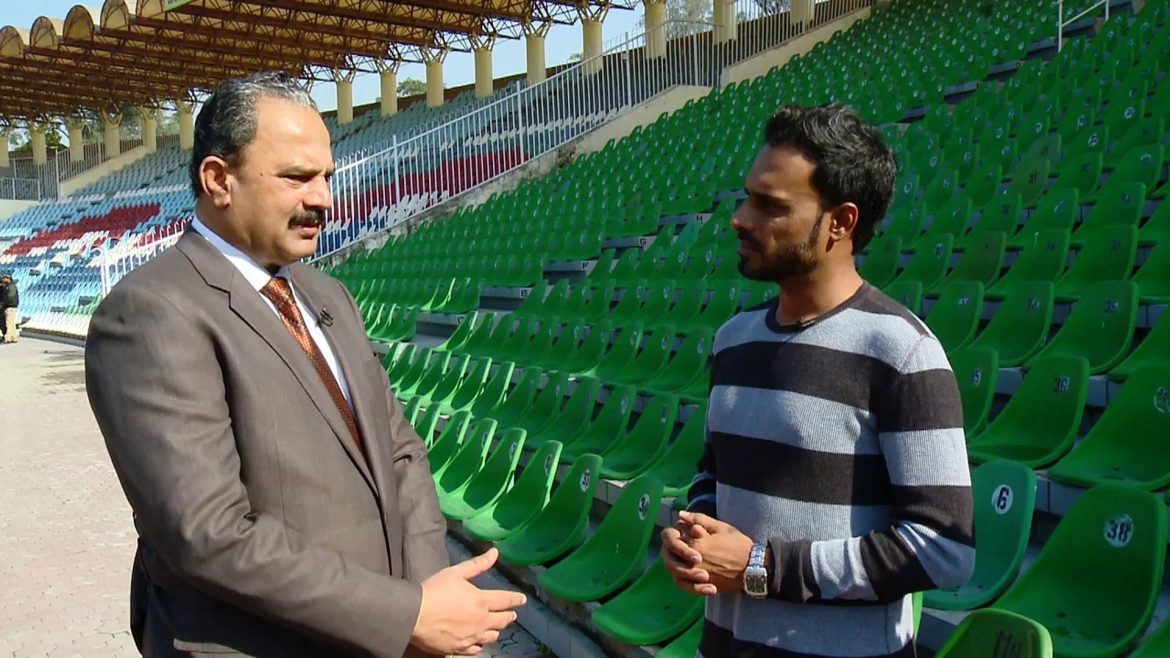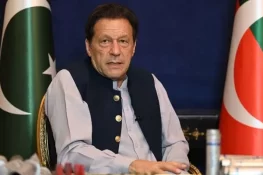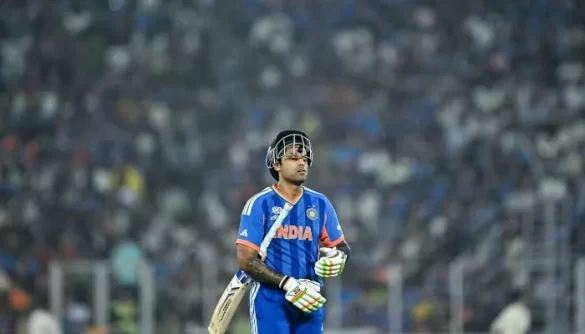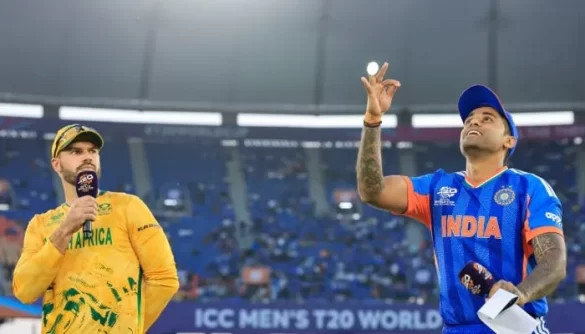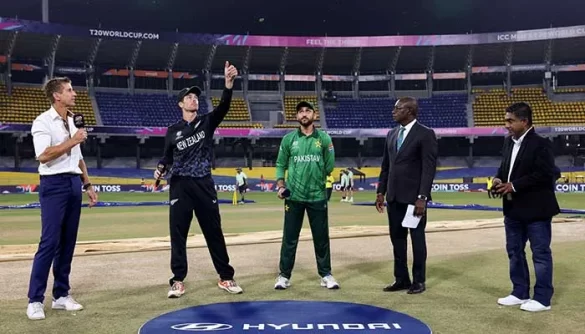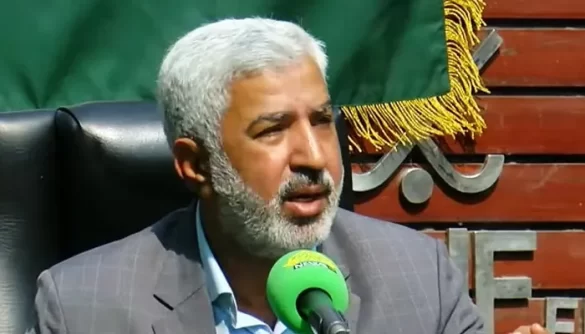PCB Submits Official Complaint
The Pakistan Cricket Board (PCB) has formally lodged a protest regarding the conduct of the Indian team and the match referee during the highly anticipated Pakistan–India clash at the Asia Cup 2025 in Dubai.
According to the PCB, Pakistan team manager Naveed Akram Cheema filed an official complaint immediately after the game. His objection centered on Indian players’ refusal to shake hands with their Pakistani counterparts at the conclusion of the match. Cheema argued that such behavior was not only unusual but also ran counter to the spirit of cricket.
Allegations Against Match Referee
Sources indicate that when Cheema confronted match referee Andy Pycroft about the incident, he was told that Indian players acted “under instructions.” This claim has raised further questions about whether the refusal to shake hands was an individual choice or part of a broader directive.
The PCB insists that this matter directly undermines the principles of fair play and sportsmanship that international cricket seeks to uphold.
Captain Skips Post-Match Ceremony
Adding to the controversy, Pakistan’s captain Salman Ali Agha did not attend the post-match presentation ceremony. Sources suggested that his absence was linked to the fact that the event’s host was Indian, though the PCB has not issued an official statement confirming this reasoning.
The decision has attracted attention because post-match ceremonies are traditionally considered an integral part of cricket tournaments, providing captains and players an opportunity to engage with fans and media.
Head Coach Defends Pakistan’s Position
Pakistan’s head coach, Mike Hesson, also weighed in, backing the team’s response. He stated that Pakistan’s players were ready to honor the spirit of the game by shaking hands, but “they were denied that opportunity.”
Hesson described Pakistan’s protest as a “natural reaction” to behavior that, in his view, damaged the sportsmanship expected at an international event such as the Asia Cup.
Controversy During the Toss
The PCB further highlighted another unusual incident before the match began. According to the team’s spokesperson, the match referee specifically requested that both captains avoid shaking hands at the toss. The referee, Andy Pycroft, is from Zimbabwe and has served in several high-profile ICC tournaments.
While the reason for this request was not clarified, the move has drawn criticism for setting a tone that players later mirrored at the game’s conclusion.
Spirit of Cricket Under Scrutiny
The refusal of handshakes became a talking point across the cricketing world. Handshakes at the end of a match are considered a symbol of mutual respect, regardless of the result. The gesture is particularly significant in contests involving arch-rivals Pakistan and India, where cricket often carries political and emotional weight beyond the sport itself.
This latest controversy has reignited debates about sportsmanship in South Asian cricket, especially in fixtures where diplomatic tensions between the two nations often spill over onto the field.
Broader Context
Pakistan and India rarely play bilateral series due to strained political relations. Most of their encounters take place at multinational events such as the Asia Cup, ICC World Cup, or Champions Trophy. These matches are often watched by millions across the globe, amplifying both the sporting spectacle and any controversies that emerge.
According to reports, the Pakistan–India clash in Dubai drew record television ratings, with audiences across South Asia and beyond tuning in. That global attention has magnified the fallout from the post-match conduct, prompting calls from commentators and former players for the International Cricket Council (ICC) to examine the incident.
What Happens Next
The PCB has submitted its protest to the relevant authorities and is expected to press the matter further with the Asian Cricket Council (ACC) and possibly the ICC. Officials in Pakistan argue that failing to address such conduct risks setting a damaging precedent for future international matches.
As of now, neither the Board of Control for Cricket in India (BCCI) nor the ICC has issued a formal response to the allegations.
The controversy adds another layer of tension to one of cricket’s fiercest rivalries. Whether disciplinary action will follow remains uncertain, but the debate over sportsmanship in one of the game’s most watched fixtures is unlikely to fade anytime soon.

